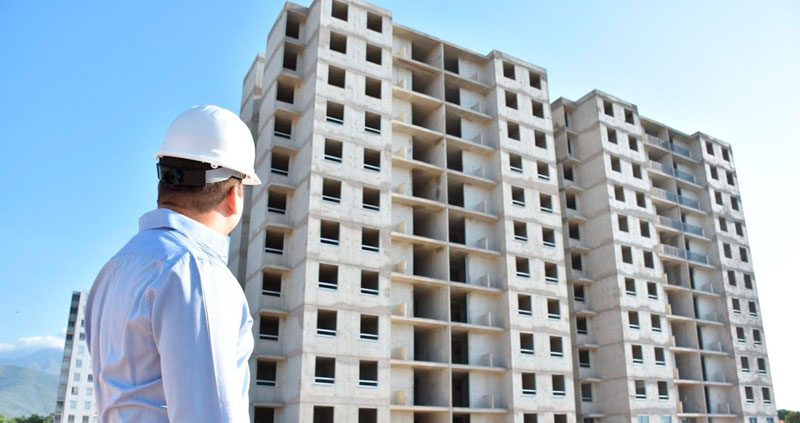Zaluzhny’s rating and his creation of a charitable foundation
The conflict between Zelensky and Zaluzhny was first discussed back in April 2022. This month there was also information about the creation by the Commander-in-Chief of a charitable foundation in his name to help the army. This fund was promptly renamed, but at Bankova this story was used up as a sign that the commander-in-chief also had political ambitions.
Moreover, there was already a strong foundation for this. Literally immediately after the full-scale invasion, the level of support for the Armed Forces rose to 98%, according to a survey by the Rating group, even higher than the support rating for Zelensky personally (93%). And Zaluzhny, who before the war was not particularly known in wide circles, instantly turned into a popular figure on a national scale.
Of course, this did not go unnoticed by Zelensky’s team. As interlocutors from various structures and groups within the government team confirmed to RBC-Ukraine, this topic was most actively promoted by the head of his Office, Andrey Ermak.
The first public manifestations of the conflict
For the first time, friction between Zelensky and Zaluzhny publicly appeared in the summer of the first year of the war. The reason was the publication of an internal document of the General Staff, which stipulated the need for permission from the military registration and enlistment office for the movement of military personnel throughout Ukraine.
The document caused a great resonance, Zelensky promised to quickly deal with the situation and called on the General Staff “not to make such decisions in the future without it.” At the same time, the president, of course, denied the existence of any conflicts with the military leadership and emphasized the unity of the team. “I believe that this is nothing to talk about. Mistakes need to be corrected, that’s all,” Zelensky said then.
Publications by Zaluzhny in the media
One of RBC-Ukraine’s interlocutors assures: somewhere at the end of last summer, an agreement was reached that Zaluzhny would no longer appear in the media, but would focus exclusively on military operations.
And on November 1, the famous Glavka column appeared in the British The Economist, along with his more detailed essay on why Ukraine now cannot radically change the situation at the front in its favor and what it needs for this. It was received extremely harshly at Bankova – not only because of the violation of the agreement, but also because of the content: Zaluzhny’s narrative sharply contradicted Zelensky’s narrative that the situation was by no means a stalemate. As a result, first the Presidential Office itself, and then Zelensky personally, made critical statements against the commander in chief.
But other sources in the Security Forces claim that there was no agreement between the commander-in-chief and the OP to ban his media activities. Although during the Great War there were really only a few interviews with him. And, according to the interlocutors, permission was obtained from the Minister of Defense. As for The Economist column, they allegedly knew about its publication on Bankova, but did not know about its content.
“Failure” of the counteroffensive
In addition, the situation was sharply aggravated by the actual failure of the counteroffensive. Bankovaya RBC-Ukraine assures that the primary source of all optimistic forecasts were the generals’ assurances of the success of the deal, which they shared at meetings of the Headquarters and in communication with Zelensky.
Later, the president and other top leaders of the country broadcast this optimistic narrative in the media. But then it became clear that no grandiose breakthrough of the Russian defense lines had occurred.
“This really brought Zelensky down. When it comes to some big things, like a counter-offensive, of course, it shows when they don’t tell you the truth,” the interlocutor notes. To RBC-Ukraine’s remark that the Ukrainian Armed Forces did not receive from the West everything they needed for success, in particular in the air, he replies: “What, it wasn’t immediately clear that the Russians would have an advantage in the air? Why paint rosy pictures?” ?”
About trips to the front
There were other reasons for conflicts. One of the interlocutors in the military-political leadership recalls how Zelensky, some time after the full-scale invasion, began to go to the front and personally communicate with brigade and battalion commanders – while Zaluzhny was in Kiev for a long time (although, of course, no one from the commander-in-chief personally led people into an attack did not require). “Then the question arose: can the commander-in-chief fully understand the real needs of the people at the front if he himself does not communicate with them,” the interlocutor recalls.
2024-02-01 08:10:59
#conflict #Zelensky #Zaluzhny #RBCUkraine #insiders


